Sahel: The world is waiting for pictures of starving children

When I see the dynamics of the "international aid", I get thoroughly disgusted at times.
Take the Sahel hunger crisis: Less than a year ago, the international humanitarian community got heavily criticized for their lack of advanced warnings, and preventive responses in the Somalia drought crisis.
While the first clear signals of a major drought in the Horn of Africa came as early as August 2010, it was not until a year later, in July 2011, that the international community reacted. The relief efforts mainly started after the UN officially declared a famine in southern Somalia, and the drought – finally – hit the international press.
Way too late for an adequate response though, states the post-factum Oxfam/Save the Children report. With disastrous consequences: Of the 13 million people at risk, an estimated 50,000 to 100,000 people died. More half of them were children under five, according to the same report.
I would not necessarily agree with all findings in the Oxfam report, but it was clear that "something did not work". According to me, it was not a lack of early warning signals, and not a lack of response from the humanitarian organisations. Nor was it a lack appeals for funding. It was a lack of response from the international community to provide sufficient funding to avoid a food security crisis to turn into a full-scale famine.
Anyways, in fall 2011, the humanitarian organisations humbly bowed their heads, screamed "Mea Culpa" and put ash on their forehead. "We will do better", they promised.
Of course, we did not have to wait long... A few months later, the Sahel drought hit, and this time, the humanitarians did everything according to the books: early warning signals of drought detected (tick), clear assessments (tick), clear targeting (tick), funding alerts issued (tick), media alerted (tick).
Result: already deep into the hunger crisis, the drought appeal for the Sahel is only 39% funded - check out this updated financial reporting for the common appeal (Source: OCHA). Individual sector such as education and human rights only have pledged funding covering 7% and 5% respectively.
Why? Why do donors not come forward with sufficient funding? According to me, the answer is simple: There is a dire lack of pictures from starving children. Misery sells. And people in the aid business know that nothing sells as well as the picture of a starving child on the breast of crying, underfed, exhausted mother. With a dry desert landscape in the background. Insert dead cattle corpses if possible.
There have not been sufficient pictures of starving children in the Sahel, thus funding does not arrive, thus the needs can not be fulfilled, thus people will die, thus awful pictures will come, thus people will get angry, thus donors will donate.
And once again, we will have put a plaster on a wooden leg. Just in time to prepare for the next drought famine in East Africa again. L'histoire se repète. Read the full post...






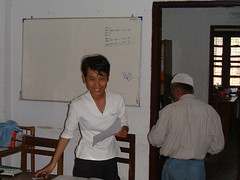
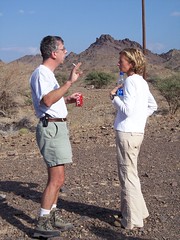
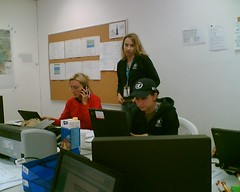
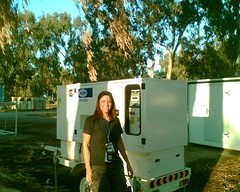

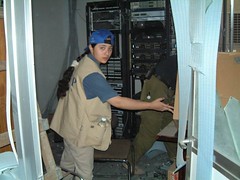












 Peter. Flemish, European, aid worker, expeditioner, sailor, traveller, husband, father, friend, nutcase. Not necessarily in that order.
Peter. Flemish, European, aid worker, expeditioner, sailor, traveller, husband, father, friend, nutcase. Not necessarily in that order.
The Road's Dashboard
Log in
New
Edit
Customize
Dashboard